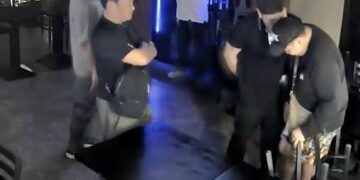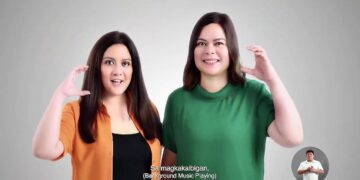TORRANCE — California Governor Gavin Newsom signed Assemblymember Al Muratsuchi’s (D-Torrance) AB 2268, which would exempt children enrolled in Transitional Kindergarten (TK) from being assessed using the English Language Proficiency Assessments for California (ELPAC). The ELPAC is not developmentally appropriate for younger four-year old and has not been proven valid and reliable for them, as required by state and federal law. AB 2268 ensures that our children are not inappropriately assessed and can receive instruction and support based upon their true learning needs.
“I want to thank the Governor for signing AB 2268. Currently, the state is evaluating our youngest English learner students with an assessment not designed for them, leading to an over-identification of our 4-year-olds as English learners.” said Assemblymember Al Muratsuchi. “Educators around the state have expressed frustration with this requirement, reporting that the assessment does not yield useful information about children’s language proficiency, and that it causes some of them considerable distress. This bill ensures our youngest learners have instruction and support based on their true learning needs. The discussion to properly determine how to assess TK students now moves to the California State Board of Education.”
“California is fortunate to be a leader in providing Transitional Kindergarten to our youngest learners,” said Dr. Edgar Lampkin, California Association for Bilingual Education’s (CABE) Executive Director. “CABE is appreciative of the Governor’s signature on AB 2268 to remove a barrier that was hindering the success of these young learners. This important measure will ensure the first educational experiences these students have will be positive and age appropriate.”
“As the parent of bilingual children and a dual language learner myself, I deeply appreciate Governor Newsom, Assemblymember Muratsuchi, and California’s legislators for supporting our young multilingual learners by championing AB 2268. This bill will create more supports tailored to their needs and strengths, so they can learn and thrive from the early years onward. AB 2268 sets our state on a path to find a more appropriate way to assess students and their development,” said Patricia Lozano, Executive Director of Early Edge California.
By 2025-26, California will become the state with the largest universal preschool program in the nation with the expansion of California’s Transitional Kindergarten program. The state is home to the most significant percentage of children ages 0-5 who speak or are exposed to multiple languages in their homes. Emerging bilingual students entering TK must be appropriately identified and supported in ways that promote their unique linguistic and cultural assets.
The ELPAC requires a child to be able to write letters, read, and write simple words. TK students typically navigate the early stages of language development, including beginning to master pre-literacy skills, such as recognizing letters and sounds. Using assessment instruments designed and intended for older students is inappropriate for them. It can lead to placing TK students on educational tracks that may not correspond to their abilities and needs.
























